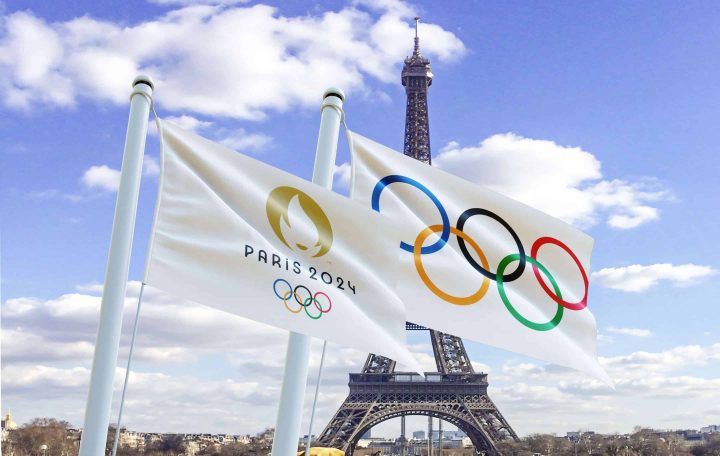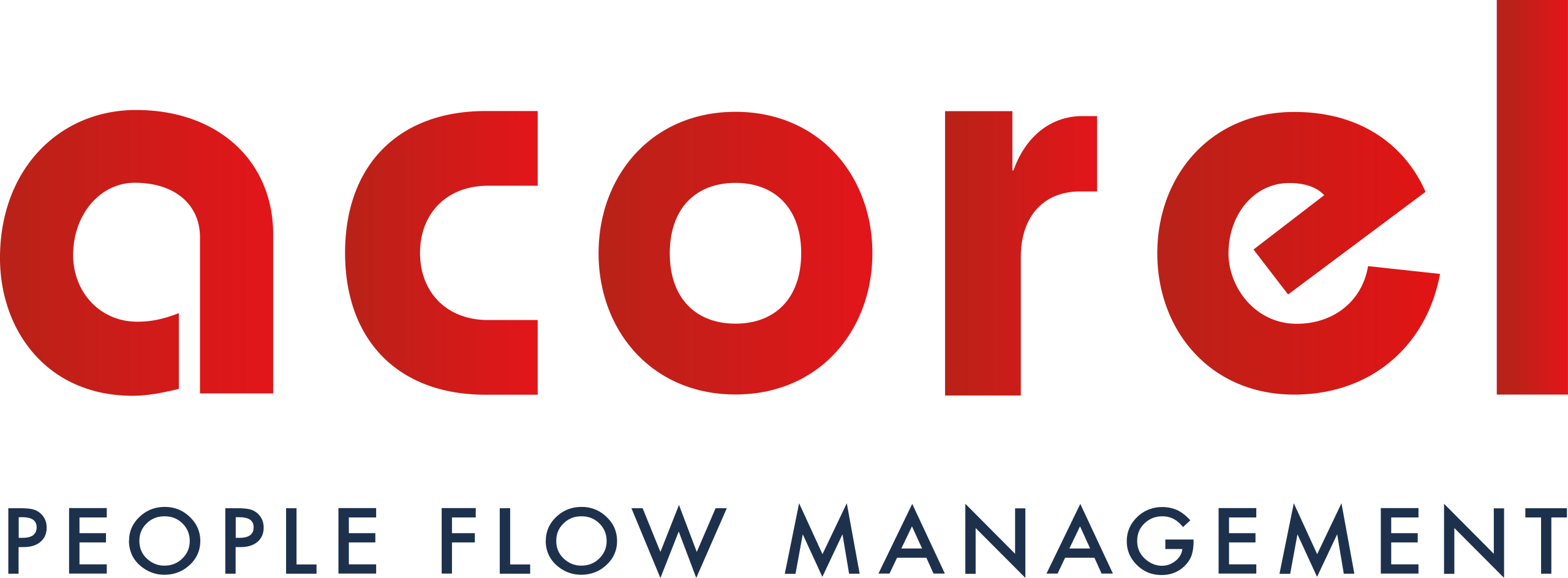Global events, such as the Paris 2024 Olympics, present a significant logistical challenge for host cities. Managing transport networks is essential to ensure smooth travel, the safety of participants and spectators, and minimizing environmental impact.
Managing transport network during global events
Transport management solutions
Advanced planning and coordination
Advanced planning is essential for successful transport management. For Paris 2024, a Transport Coordination Committee has been created to work in collaboration with local authorities, transport operators, and security services. This coordination allows for anticipating needs, defining routes, and implementing solutions tailored to various types of transport.
Technology and innovation
The use of advanced technologies, such as real-time traffic management systems and mobile navigation applications, plays a key role. These technologies allow monitoring traffic flows, providing real-time information to users, and optimizing routes to avoid congestion.
Enhanced public transport
Strengthening the public transport network is a crucial solution. Paris 2024 plans to increase the frequency of trains, subways, buses, and trams. Special lines will be set up to directly connect Olympic sites, reducing reliance on personal vehicles.

Managing people flows
Access and mobility
To efficiently manage people flows, restricted access zones and dedicated lanes for public transport and emergency vehicles will be established. This ensures secure travel for athletes, officials, and spectators while avoiding congestion.
Smart ticketing systems
Electronic ticketing systems and combined transport passes (which integrate event access and transport) will facilitate spectator travel. These systems will help regulate entries and exits, thus avoiding excessive crowds.
People counting
People counting is an essential technique for optimal flow management. People counting sensors will be installed in key areas, such as train stations, subway stations, and Olympic site entrances. These devices will provide real-time data on the number of people present, enabling flow regulation and anticipating transport needs. This information will also help manage crowds, avoid overloading, and ensure the safety of participants and spectators.

Vehicle fleet management
Eco-friendly fleet
To reduce the carbon footprint of the Games, Paris will implement an eco-friendly vehicle fleet, including electric buses, self-service bicycles, and shared cars. These sustainable mobility solutions will contribute to reducing CO2 emissions.
Vehicle sharing
Carpooling and shared car services will be encouraged. Partnerships with collaborative transport companies will help reduce the number of individual vehicles on the roads, thus decreasing congestion and pollution emissions.
Parking management
Park-and-ride facilities will be installed on the outskirts of the city, allowing visitors to leave their personal vehicles and use public transport to reach Olympic sites. This strategy will help decongest the city center and areas around competition venues.
Managing transport networks during major events like the Paris 2024 Olympics relies on meticulous planning, the use of innovative technologies, and effective coordination among various stakeholders. By focusing on sustainable mobility, modernizing infrastructure, and efficiently managing people flows, Paris 2024 aims to provide a smooth and secure experience for all participants and spectators while minimizing its environmental impact.
For more information, click here
Your content goes here. Edit or remove this text inline or in the module Content settings. You can also style every aspect of this content in the module Design settings and even apply custom CSS to this text in the module Advanced settings.
